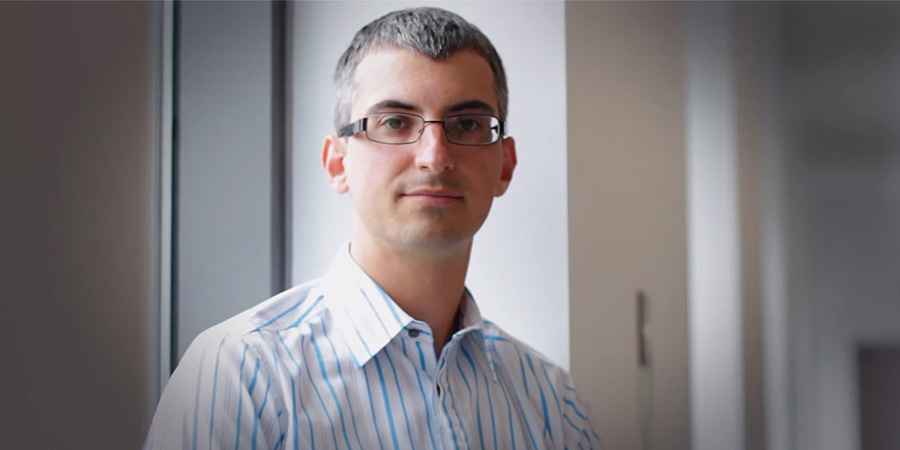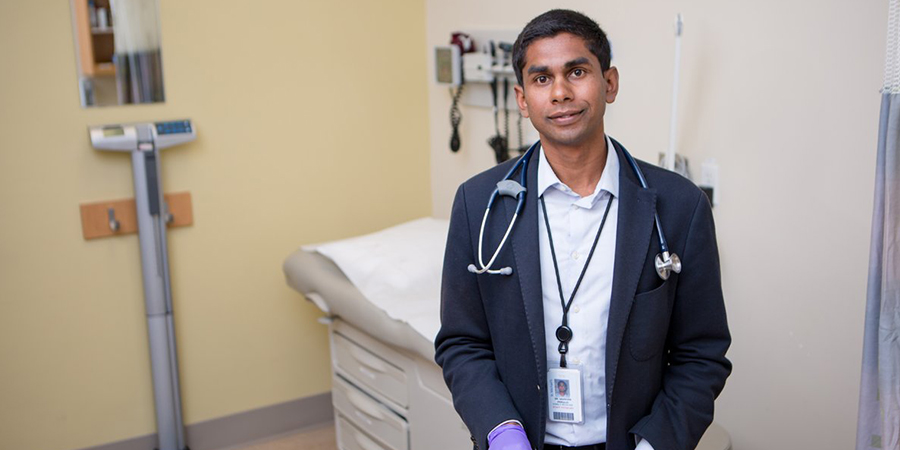“Suicide is the number one cause of death from illness from adolescence to mid-life. Unfortunately, the biggest challenge isn’t a lack of programs or services, rather it is identifying high risk groups and understanding the most effective preventative measures.” -Dr. Mark Sinyor
In 2010, Dr. Mark Sinyor of Sunnybrook Health Sciences Centre published the Bloor Viaduct study in the British Medical Journal (Link: http://www.bmj.com/content/341/bmj.c2884.full). Through this study he determined that more had to be done in Toronto to prevent suicide than just building a barrier at the Bloor Street Viaduct bridge. In 2011, PSI launched Dr. Sinyor’s independent research career by awarding him with $20,000 for his Resident Research project titled, “Understanding suicides in Toronto: a comparison of suicide victims with and without a history of suicide attempts.”
The funding was fundamental to collecting and pairing epidemiology and clinical data, which includes information from over 3000 suicides in Toronto. With this kind of information at hand, the database has been a game changer in helping to inform suicide prevention in the city. Researchers, for example, are able to correlate relationships between gender, age groups, and regions of the city with higher rates of suicide. Breaking up this kind of information allows for tailored intervention, which will be key in helping to identify mental illness among different groups, such as in socially isolated elderly or in youth. Essentially, the database is helping to detect people prone to suicide, identify how to treat them, and how to treat suicide in itself. Dr. Sinyor and the research funded by PSI were part of Toronto Public Health’s suicide prevention initiative. In 2015, he organized the first forum in Canada connecting mental health experts, public health policy makers and members of the media to discuss steps to improve public discourse about suicide. Dr. Sinyor also sits on the TTC’s suicide prevention committee.
According to Dr. Sinyor, good treatments exist; however, the community needs to take more of an initiative to recognize, understand and talk about mental illness in order for people to utilize the correct services. With better understanding, particularly in high risk areas, anyone from healthcare workers, friends, family, and teachers can create meaningful change.
If you’re interested in learning more about Dr. Sinyor’s work, please click on the following links:
- Characterizing suicide in Toronto: an observational study and cluster analysis
- Dr. Mark Sinyor’s Profile



